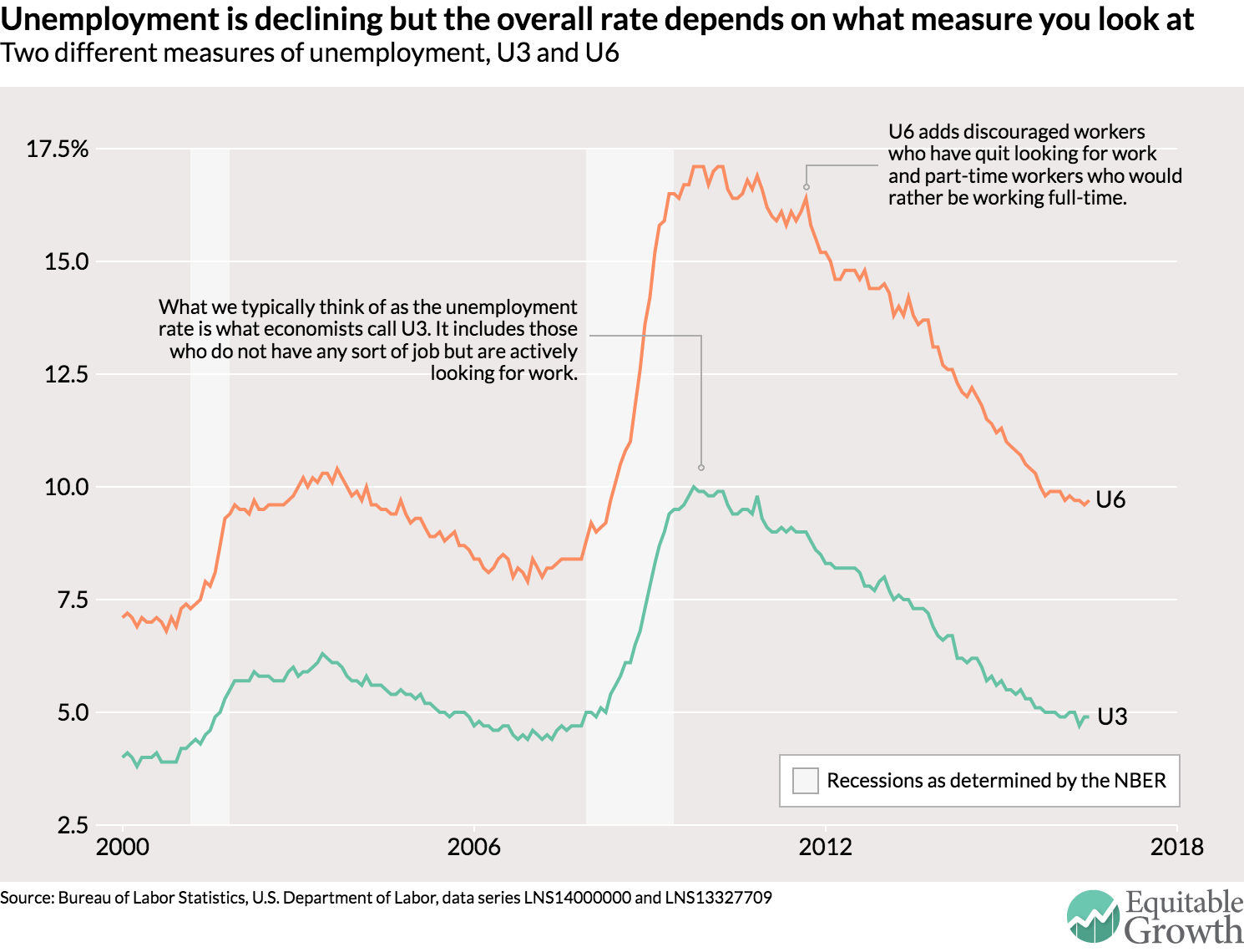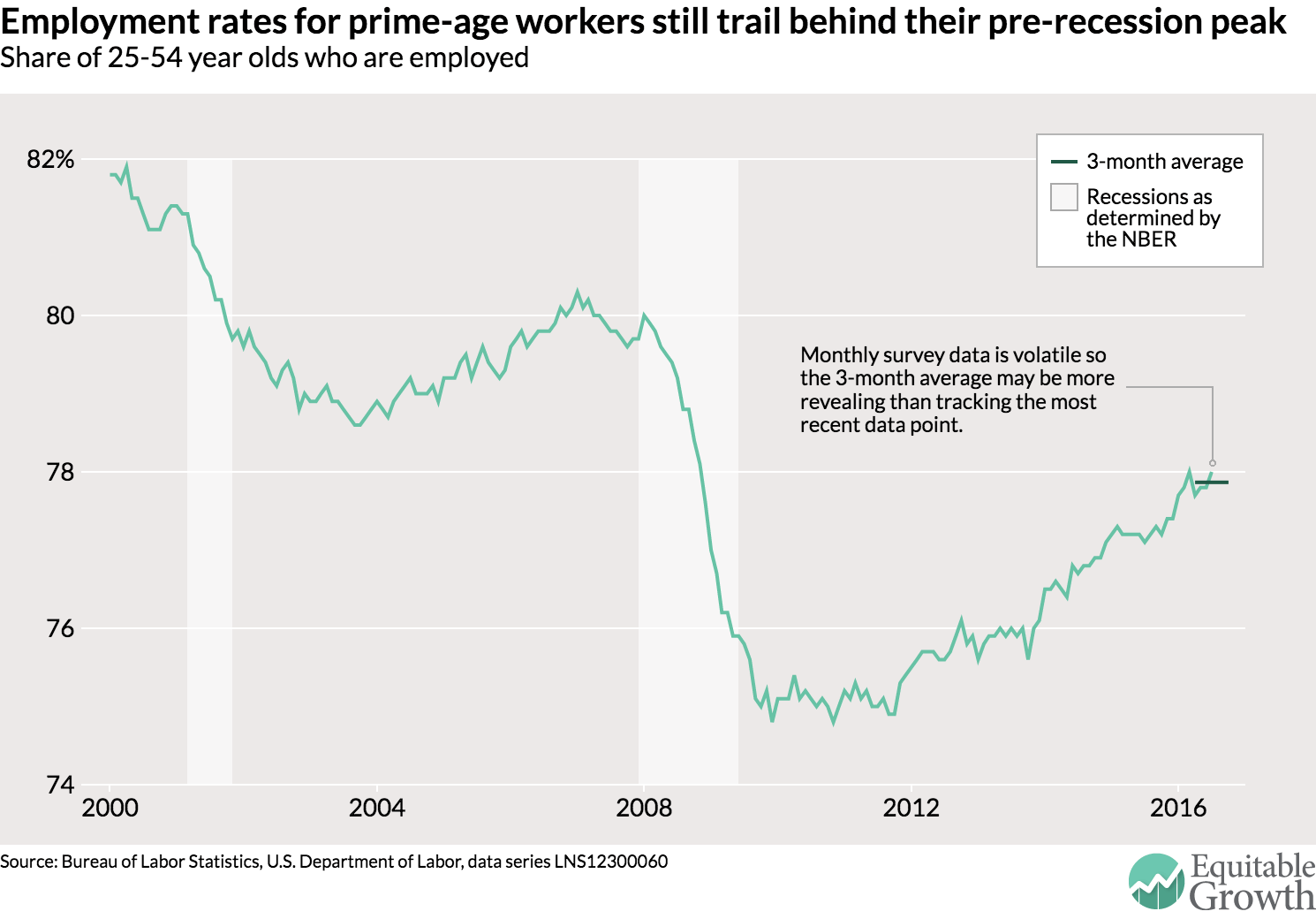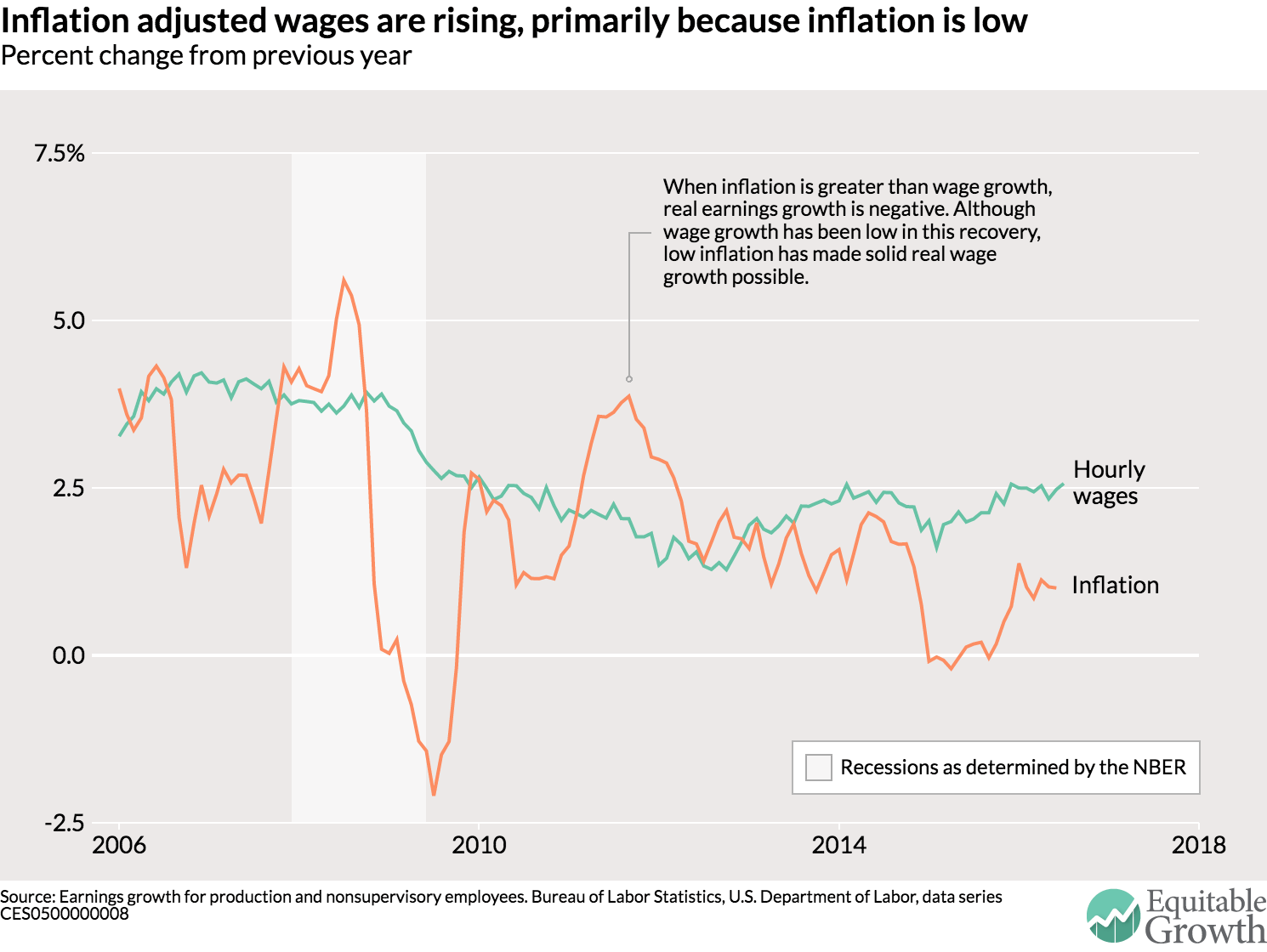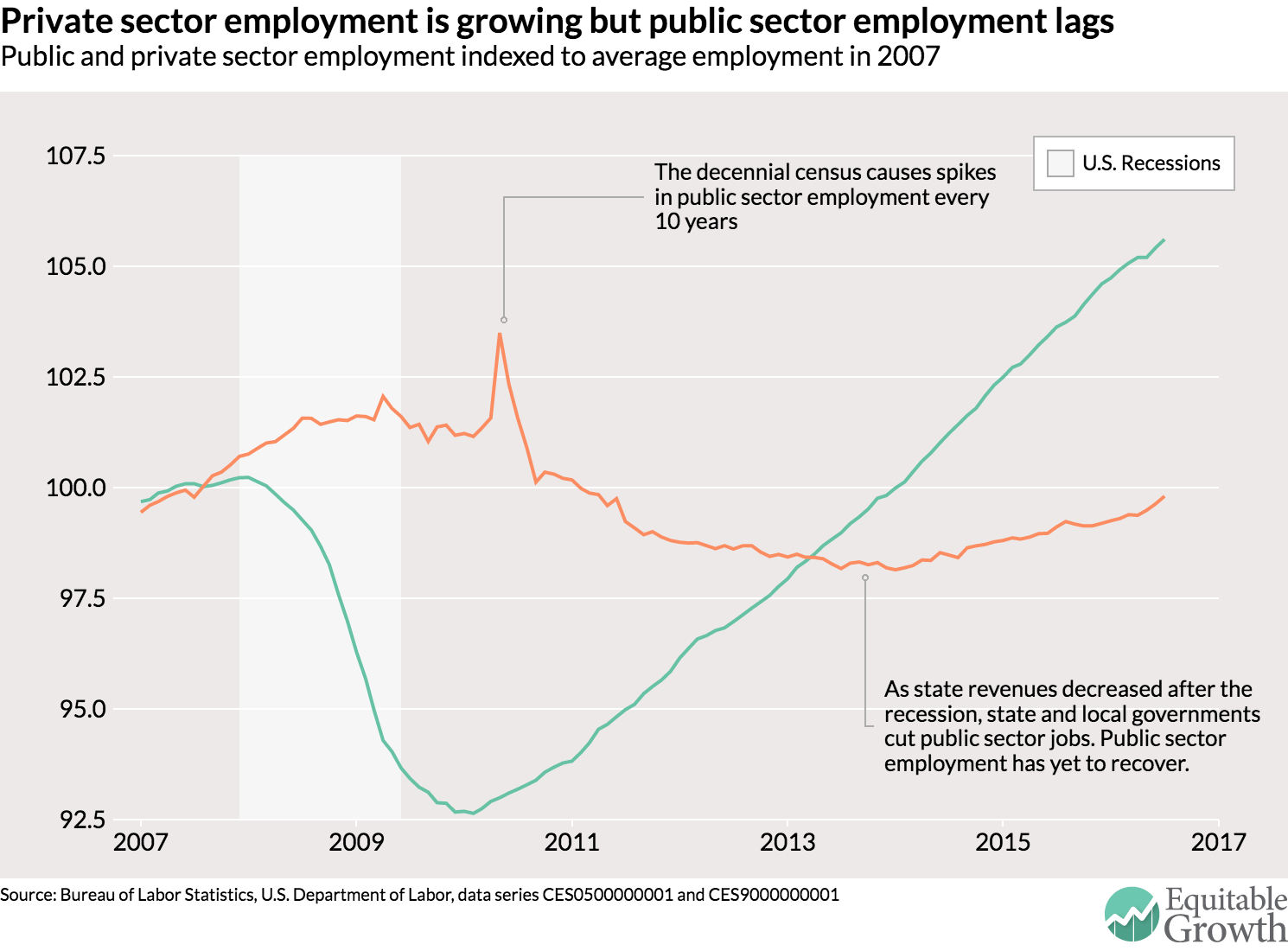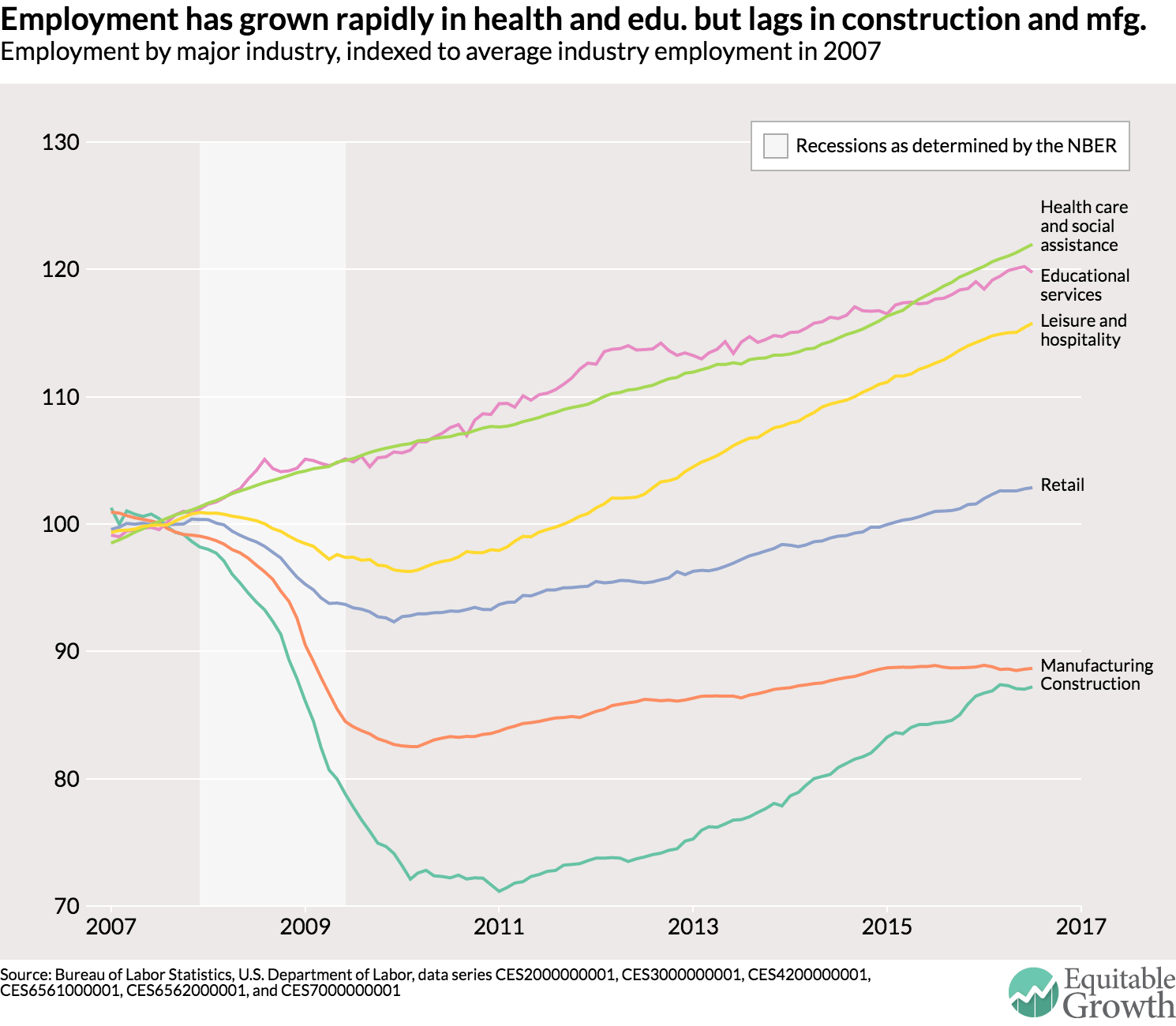Must-Read: Note that it is not so much inequality that backlash is a backlash to. It is, rather, disappointment with what were previously-thought to be reasonable expectations–the breaking of the social contract that you believe the market economy has made with you:
Kevin O’Rourke: Brexit Backlash Has Been a Long Time Coming:
Globalisation in general, and European integration in particular, can leave people behind… ignoring this… can have severe political consequences…
The historical record demonstrates plainly and repeatedly [that] too much market and too little state invites a backlash. Markets and states are political complements, not substitutes… [that was] the main point of my 1999 book with Jeff Williamson… based on late-19th century evidence. Then the main losers… were European landowners… competing with an elastic supply of cheap New World land…. Meanwhile, across the Atlantic, immigration restrictions were gradually tightened as workers found themselves competing with European migrants coming from ever-poorer source countries. While Jeff and I were firmly focused on economic history, we were writing with an eye on the ‘trade and wages’ debate that was raging during the 1990s….
In our concluding chapter, we noted that economists who base their views of globalisation, convergence, inequality, and policy solely on the years since 1970 are making a great mistake. The globalisation experience of the Atlantic economy prior to the Great War speaks directly and eloquently to globalisation debates today….
Politicians, journalists, and market analysts have a tendency to extrapolate the immediate past into the indefinite future, and such thinking suggests that the world is irreversibly headed toward ever greater levels of economic integration. The historical record suggests the contrary. Unless politicians worry about who gains and who loses,î we continued, ìthey may be forced by the electorate to stop efforts to strengthen global economy links, and perhaps even to dismantle them…. We hope that this book will help them to avoid that mistake–or remedy it.
This time it is not different….
For a long time, conventional wisdom ignored these rather large straws in the wind–after all, the Irish could always be asked to vote again, while the French could always be told that they couldn’t vote again. And so the show could go on. But now Brexit is happening, and the obvious cannot be ignored any longer…. What can be done?… This is where Dani Rodrik’s finding that more open states had bigger governments in the late 20th century comes in (Rodrik 1998)…. Huberman and Meissner 2009… showed that this correlation between states and markets was present before 1914 as well….
If the Tories had really wanted to maintain support for the EU, investment in public services and public housing would have been the way to do it. If these had been elastically supplied, that would have muted the impression that there was a zero-sum competition between natives and immigrants. It wouldn’t have satisfied the xenophobes, but not all anti-immigrant voters are xenophobes. But of course the Tories were never going to do that, at least not with George Osborne at the helm…. We will have to wait and see what the English decide. But there are also lessons for the 27 remaining EU states (28 if, as I hope, Scotland remains a member). Too much market and too little state invites a backlash. Take the politics into account…


